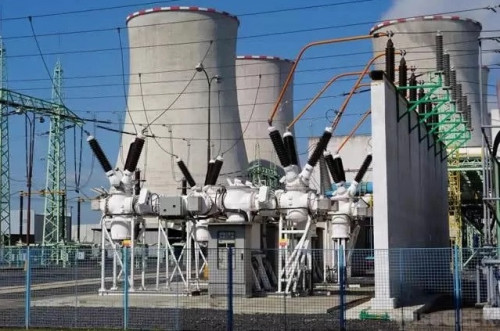

We learn
& earn as well
Electricity sector losses rise by 17%
• by ferdinand  • Posted On → 3 years ago
•
• Posted On → 3 years ago
•  343 •
343 •  5
5

The compilation of data obtained by Vanguard from Power Advisory Team, office of Vice President, Professor Yemi Osinbajo, showed that insufficient gas supply, distribution infrastructure and transmission facilities were the major constraints responsible for the loses.
A breakdown showed that in the first quarter of 2019, the sector lost N41.4bn, N44.4bn and N49.4 billion in January, February and March respectively, against N40.4, N35.5, and N36.4 billion recorded in the corresponding period in 2018.
Similarly, the average energy generated in the first quarter of the year stood at 4,091 megawatts, mw as against 3,989mw recorded in the corresponding quarter in 2018.
Gas supply Meanwhile, stakeholders in the industry have called for development of several infrastructure in the power sector to limit sectorial leakages, stressing that infrastructure along the gas and power value chains were inadequate in the country.
Chairman, Oil Producers Trade Section, OPTS, Mr. Paul McGrath, stated: “Nigeria lacks sufficient pipelines to deliver gas from the fields where it is produced to the current and potential off-takers like power plants, manufacturers, others. “In addition, the transmission and distribution systems lack the capacity to deliver the generated electricity to businesses and other consumers.
“Building infrastructure requires a sustained joint effort of the stakeholders led by government. Active government support will help enable a stable investment climate, acceptable commercial terms and contractual risks.” He said the above elements would help in attracting the required private investments, which would strengthen existing off-takers and ultimately lead to emergence of new buyers and suppliers.
Blackout, outage Consequently, investigation by Vanguard showed that many consumers, including households and organisations, have experienced several outages or complete blackout. For instance, it showed that in Aba, Abia State, residents of Ezenwagbara and Ndukuba Street in Ariaria, Aba, have been without light due to faulty transformer for the past 11 months counting. Managing Director of TCN, Usman Mohammed, disclosed that the situation was partly fuelled by lack of functional Supervisory Control and Data acquisition, SCADA, an industrial control system used in gathering and monitoring data – in the sector. Impact However, President of Manufacturing Association of Nigeria, MAN, Mr. Frank Jacobs, stated that there has been cut down in production, job losses, as well as outright closure of manufacturing concerns or relocation to other countries. He said: “When you are producing and power is taken unannounced, goods in line of production would be destroyed.
As a result, many members of MAN have resorted to generating power privately and completely cut off their operations from the national grid. “Most companies, like Coca-Cola, Wempco, Nigeria Flour Mills and especially the multi nationals self-generate their power.
They don’t rely on the national grid. And for the last three years, our study showed that our members spent averagely in a month N20.8 billion.”


Invest the right way!
Invest with us and gain a faster way and sure means of securing your future.

